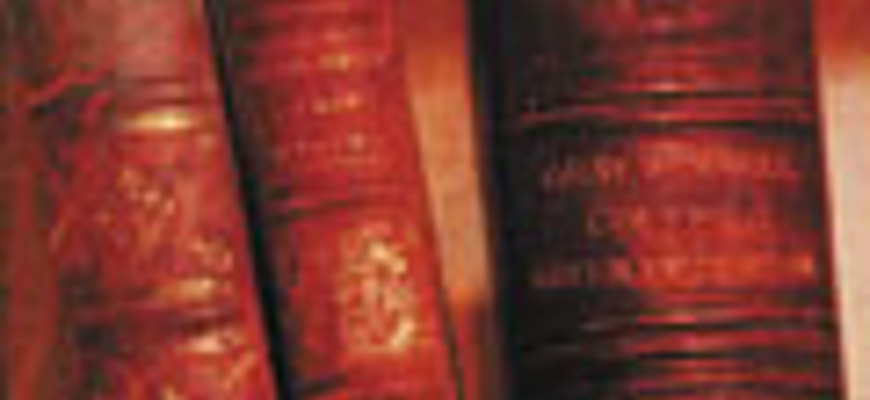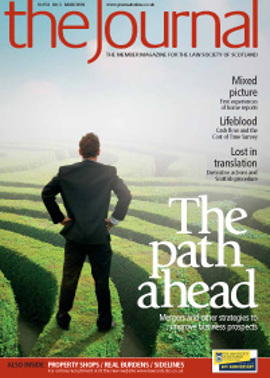Book reviews

The pedigree of this book is somewhat unusual. It began life as David Field’s The Law of Evidence in Scotland in 1988. Field emigrated to Australia the following year, and Fiona Raitt took up the reins, producing a second edition of Field and Raitt on Evidence in 1996, followed by a third edition of Raitt on Evidence in 2001. Now, it has been replaced with a new text: Evidence: Principles, Policy and Practice, again by Raitt alone.
This is both a new book and a new edition. A reader familiar with Evidence will hardly recognise it at first. There is a new introductory chapter on the adversarial process, and while the remainder of the book covers much the same ground as Evidence, the structure is radically different. Chapters have been judiciously reordered, amalgamated or divided as appropriate, in a manner that will clearly serve to enhance the accessibility of the book, particularly to students approaching the subject for the first time. New introductory text in many chapters serves to set the subject in context, while some topics that were overly technical and arcane for a text aimed primarily at students (such as an overly detailed discussion of whether judicial notice is taken of subordinate legislation) have rightly been excised or reduced in length.
Portions of the text have, moreover, been completely replaced where developments demand it. In this new book, carefully constructed sections on vulnerable witnesses, expert evidence and credibility, reverse burdens of proof and the character of the complainer in sexual offences are particularly notable inclusions.
The writing is clear and concise throughout, with appropriate but not excessive citation of authorities and other materials. While there is little doubt that the book will be of use to practitioners, it remains one primarily aimed at students approaching the subject for the first time.
Because of this, the introductory chapters warrant particularly close scrutiny, and it is here that some concerns arise. In a section that survives largely intact from Field’s original book, the reader is introduced (para 2-02) to the concept of facta probanda (which within the same paragraph is confusingly referred to in a variety of ways). Two curious propositions follow this section. First, it is said that a party can fail to prove a factum probandum but yet succeed on the “ultimate issue”, and alternately that a party can prove all the facta probanda but “still lose the case”.
How could either of these things happen? The answer is that they cannot, but the analysis is confusing because it is suggested (at para 2-04) that the facta probanda in a trial for murder might include (i) an eyewitness seeing the accused near the locus; (ii) a mixed statement by the accused; and (iii) an alibi. None of these, however, are facta probanda, nor do they need proof to a particular standard: instead, they may evidence what are properly regarded as facta probanda – the essential facts that follow from the definition of the crime. Thus in a murder trial the prosecution must prove that (i) the victim was killed (ii) by the actions of the accused who (iii) acted with wicked intent or wicked recklessness. (See Lord Rodger’s similar analysis in the context of rape in Smith v Lees 1997 JC 73 at 79.) If the prosecution fail to prove any of these, they cannot succeed on the “ultimate issue” (i.e. guilt).
Elsewhere, Raitt accepts this, quoting Walker & Walker for the proposition that facta probanda are facts which “establish the accused’s guilt… and must be libelled in an indictment or complaint” (para 8-03), which clearly does not apply to the purported facta probanda referred to above.
In a sense, this is a trivial complaint, relating to a relatively small section of the book, and it should not detract from the quality and accuracy of the writing elsewhere. But the passages in question are crucial in introducing students to the foundations of a complex subject, and it is important that they do so clearly and accurately.
Those concerns aside, however, there is no doubt that this book will rightly be recommended to students as the appropriate text for an introductory course on evidence, while providing a clear and accessible account of the law for practitioners.
In this issue
- Corporate governance in family businesses
- Que será, será….
- A matter of form in administrations
- You may have to be mad to work here
- No standing still
- A new regime for financial advice
- United we stand?
- Watch your local trend
- Cash flow: the five essentials
- Secure our future
- Opportunity lost?
- The kilt doesn't quite fit
- We can work it out
- Asset in recovery
- Law reform update
- Be your own money saving expert
- Skeleton crew
- Ask Ash
- Only half a step
- Learning experience
- Too late, too late?
- Variations and the three year rule
- Fruits of their labours
- Death of a claim
- All part of the game
- Scottish Solicitors' Discipline Tribunal
- Website review
- Book reviews
- Just whistle while you work
- Performance review






